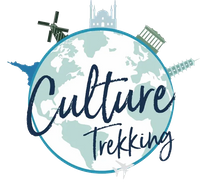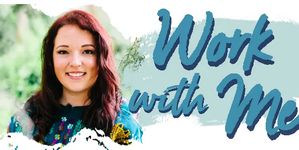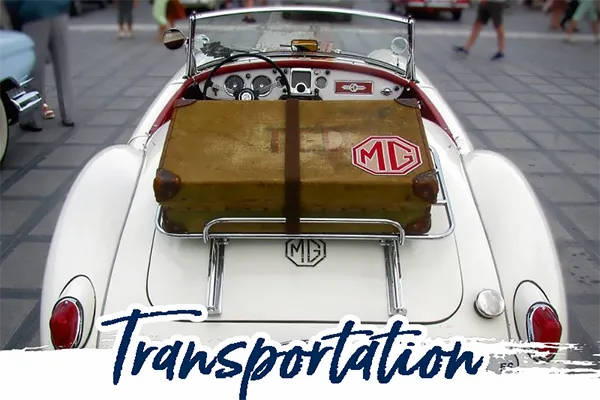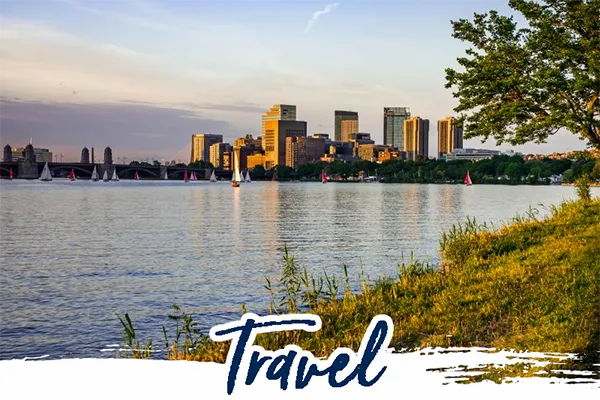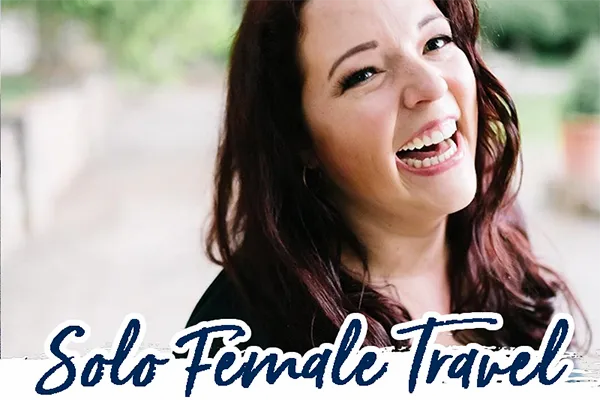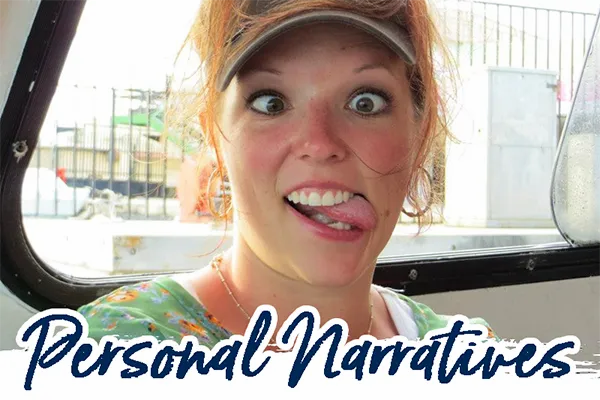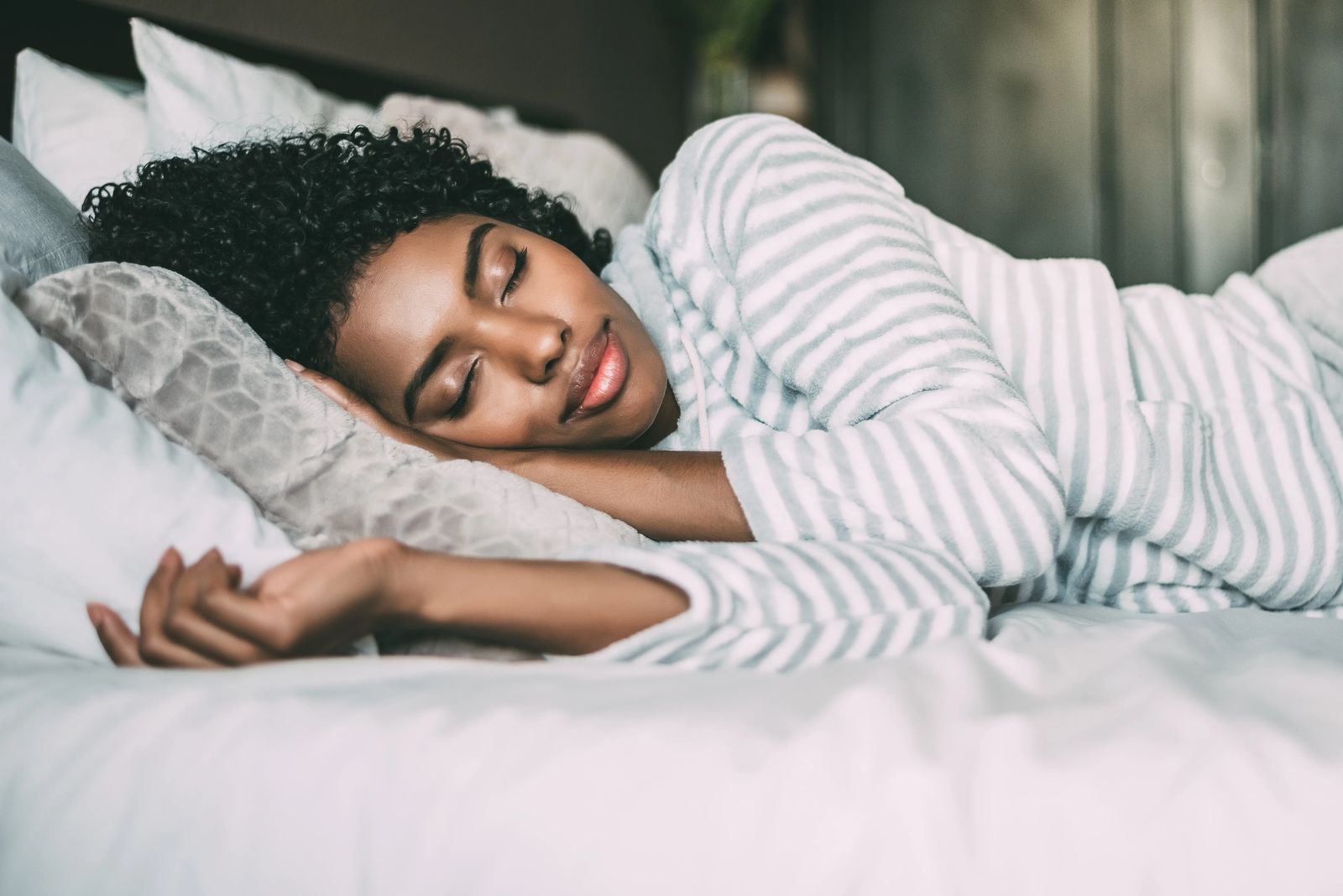
15 Ways to Get Better Sleep While Traveling
Sleep can be elusive for many people throughout the world. It tends to be even more elusive when you are traveling, due to being in a new environment. I see this in my elderly patients all the time who are admitted to the hospital. A new environment can disturb your sleep patterns due to noise, ambient light, bed width or firmness. Yet there are a few over the counter sleep aids that I commonly recommend to patient's and that I frequently use during my travels. I would highly recommend trialing these at home first and checking with your primary care provider before trailing any of the recommended sleep aids below.
1- Melatonin
While this is a supplement, it is commonly used as a sleep aid by many. It tends to work in those individuals who may have too much ambient light in their room. This chemical is released in the brain at night, when in complete darkness. There was a study that was looking at Night Shift workers and their release of melatonin, and if it was somehow related to having an increased propensity to breast cancer.
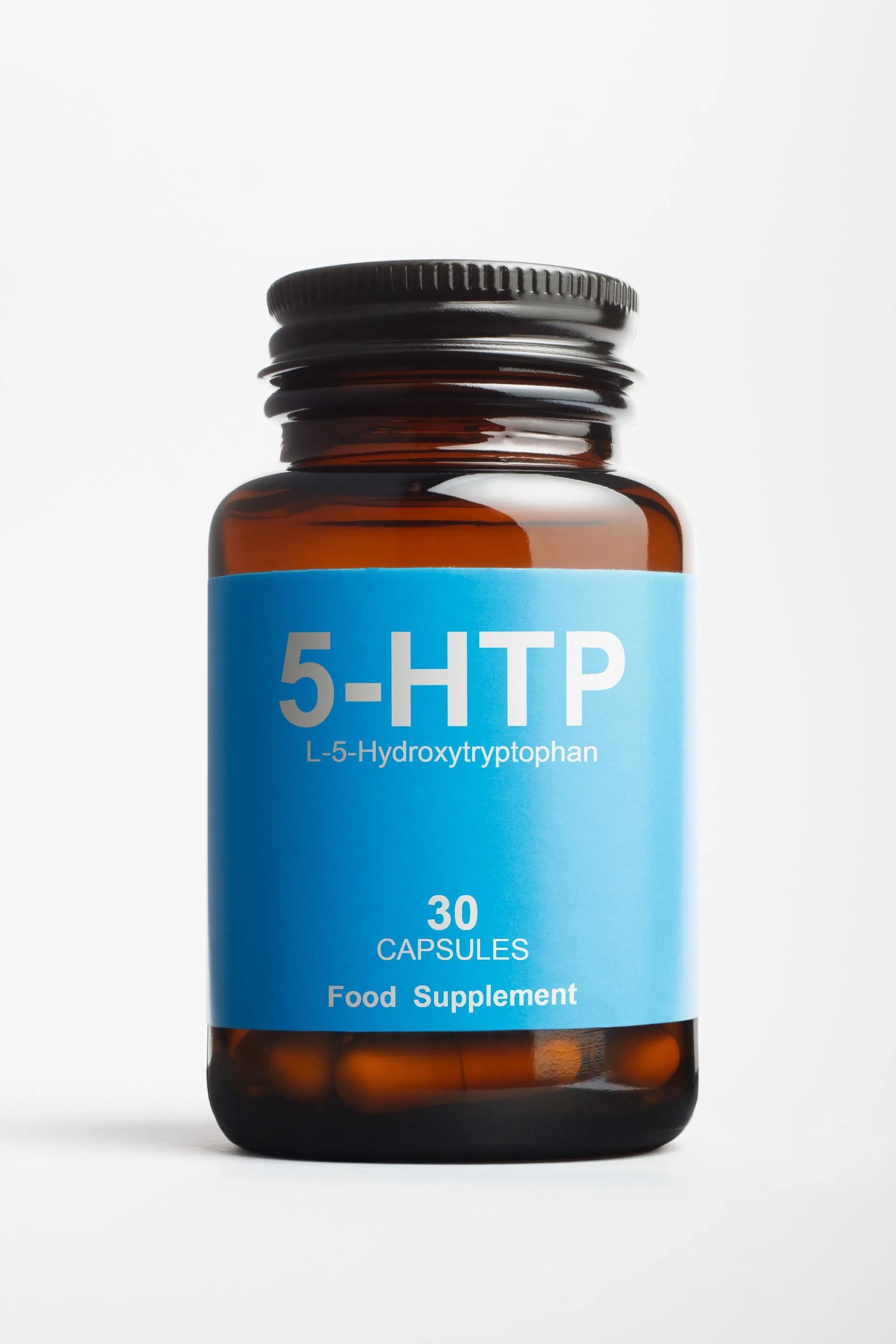
2 - 5-HTP
This is also an over-the-counter supplement utilized to help both sleep and mood. Emotional distress or high levels of cortisol released when traveling can disturb sleep and this supplement can help calm the body and aid in more restful sleep. 5-HTP is made from L-tryptophan, a substance absorbed from our food; after being absorbed it is converted into 5-HTP which helps regulate the serotonin cycles within our bodies. Seratonin is a chemical that helps with mood regulation and in turn sleep patterns.
3 - Sleep Mask and Ear Plugs
This may be tailored to the individual, but having a sleep mask to block out ambient light, and earplugs to block out noise can greatly improve the quality of sleep an individual could get on a plane, in a hotel, or other accommodation.
I recently purchased this sleep mask that had eye pockets that are velcro adjustable. The eye pockets are elevated from the strap so your eyelashes don't brush against the cloth. This particular velcro doesn't catch my hair in it and pull it all out either, which makes it really nice when you wake up and don’t have to pull out half of your hair to take it off. I really like the adjust-ability that this eye mask has; each eye pocket can be taken off put either closer together or farther apart depending on the width between your eyes. While on my Red Eye flight to Florida I used this eye mask, and just felt as if I was tucking my eyes in under a warm blanket. It almost felt like I was getting ready for a spa treatment 20,000 feet in the air.
The only things I would say about this eye mask is that if you are a side sleeper it presses on the side of the face and can become a little uncomfortable when you try it for the first time. The other part, which could be good or bad for you is that it does get warm if you pull the strap too tight. I have a warmer body temperature at baseline, so I adjusted the strap accordingly and had a little more airflow coming to my face. Although, on my red-eye flight it was very nice to have the extra warmth on my face because the plane tends to get quite cold when it reaches cruising altitude.
Now I can't travel anywhere without using this sleep mask. This sleep mask seems to meet all my needs, and exceed them with the adjustability with the eye width, complete light blocking ability, and won’t make me bald from the Velcro catching my hair. So should you need a sleep mask, may I humbly suggest purchasing this one.
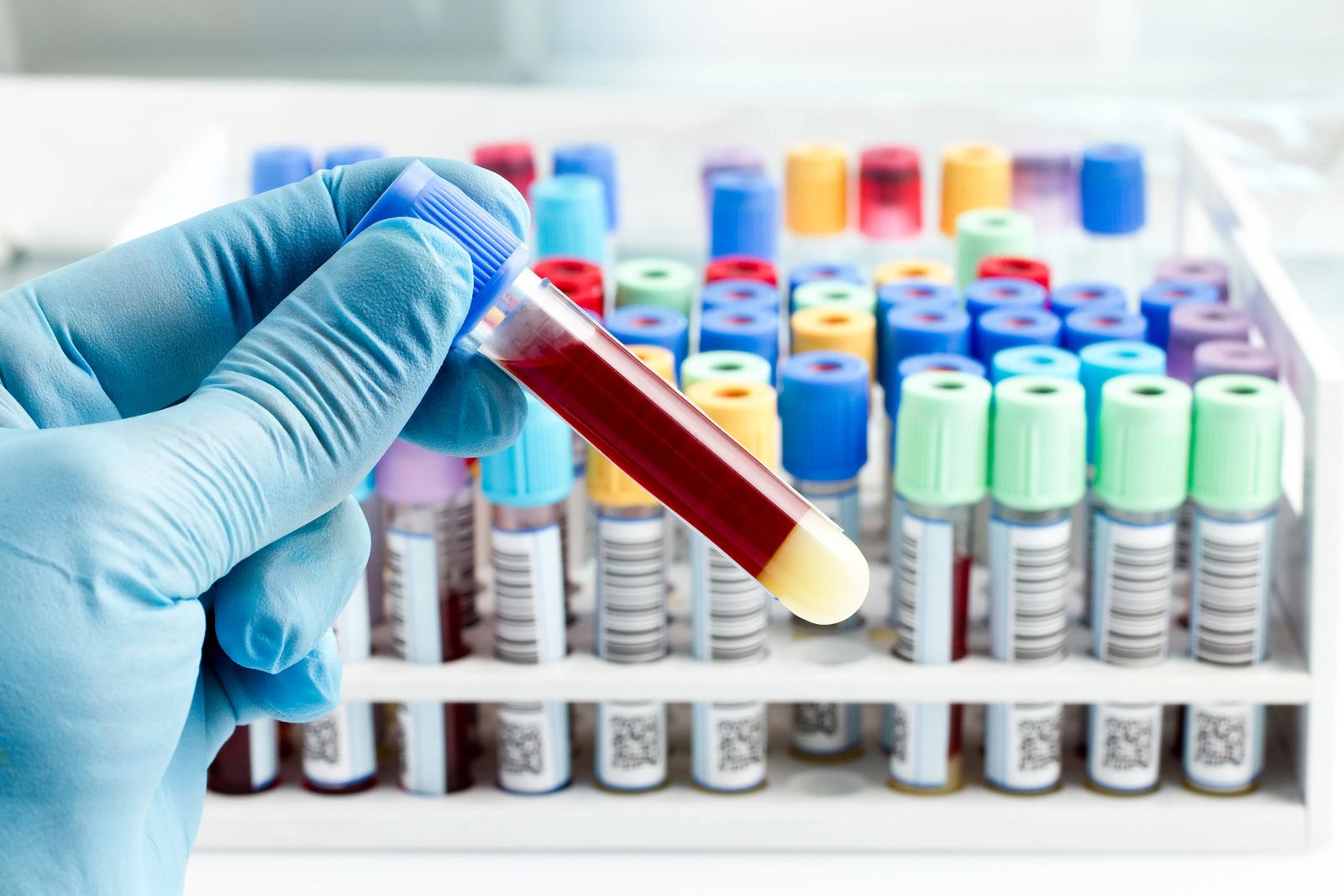
4 - Checking Hormone Levels
While this isn't an over the counter supplement per se, it is imperative that if you have changes in your sleep patterns to see your Primary Care Physician. Low Progesterone levels in Pre-menopausal women can lead to anxiety. Hypo or HyperThyroidism can affect mood and in turn sleep as well. Low Testosterone can make you overly fatigued, causing you to feel you need to take more naps and then interrupt the circadian rhythms your body has. Lack of sleep can also affect your mood, appetite, and even your hormones.
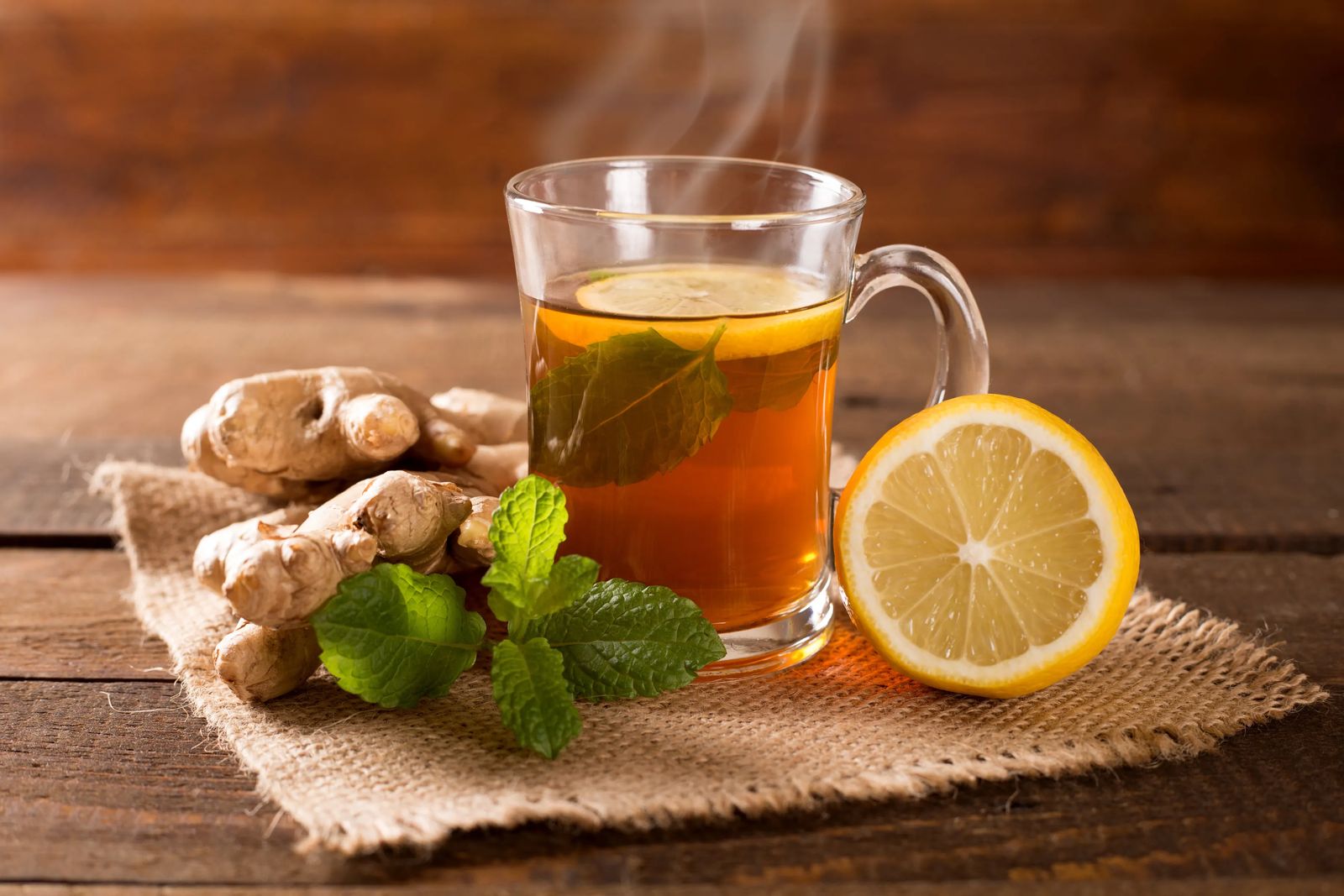
5 - Herbal Tea
There are a plethora of teas out there that are both natural and soothing. Having a warm beverage with these calming herbs can help you sleep better at night. I personally use Sleepy Time Tea, Yogi's Breathe Tea, and Peppermint Tea.
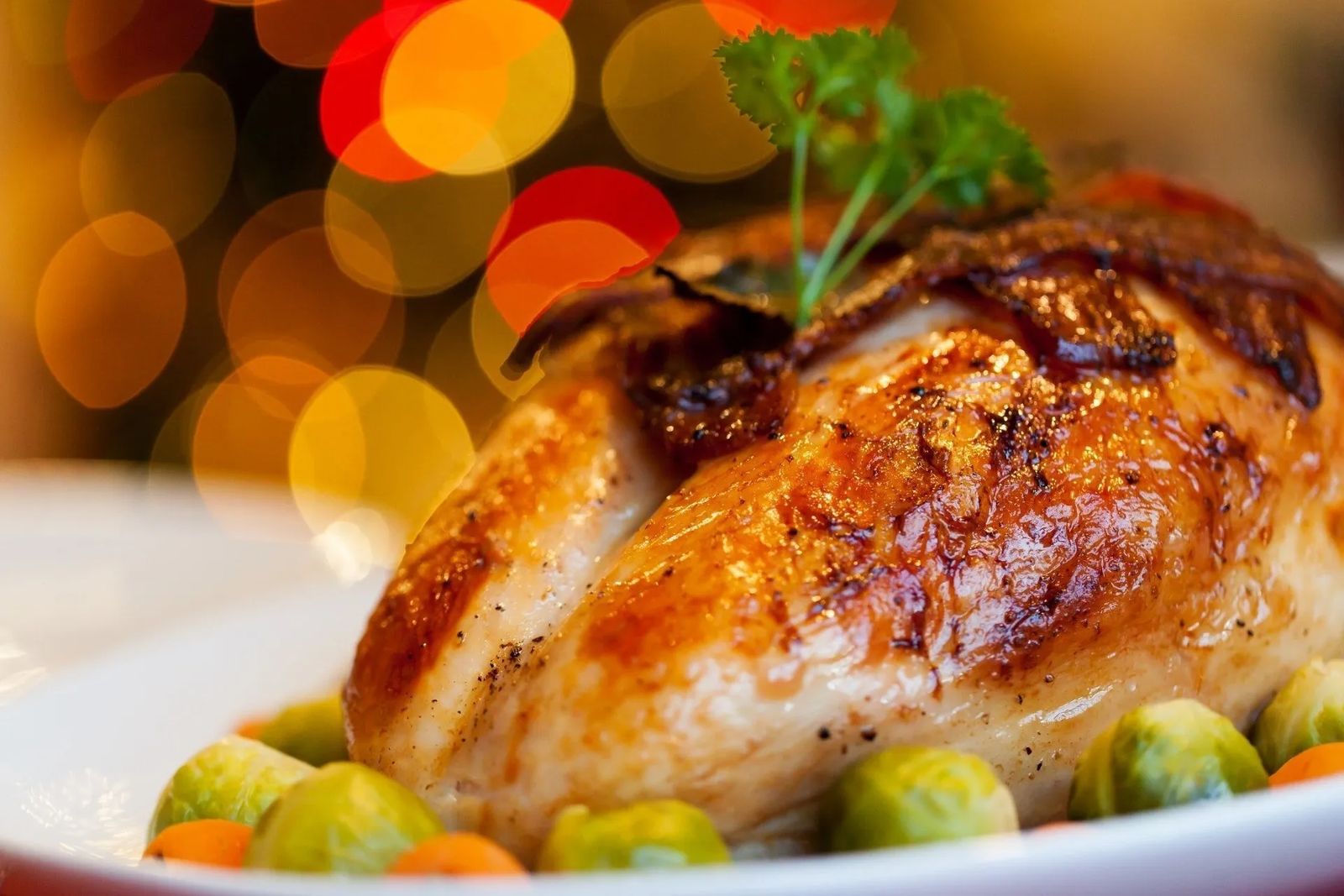
6 - Turkey Dinner and Warm Milk
For those Omnivores out there, Turkey has a substance called Tryptophan - which as I mentioned before (see above) can help with your sleep cycle and sense of well being. The same thing can be said of warm milk. While I'm not personally a fan of warm milk alone, a good cup of hot cocoa for those who are not diabetic could be an option for a non-pill form sleep aid.
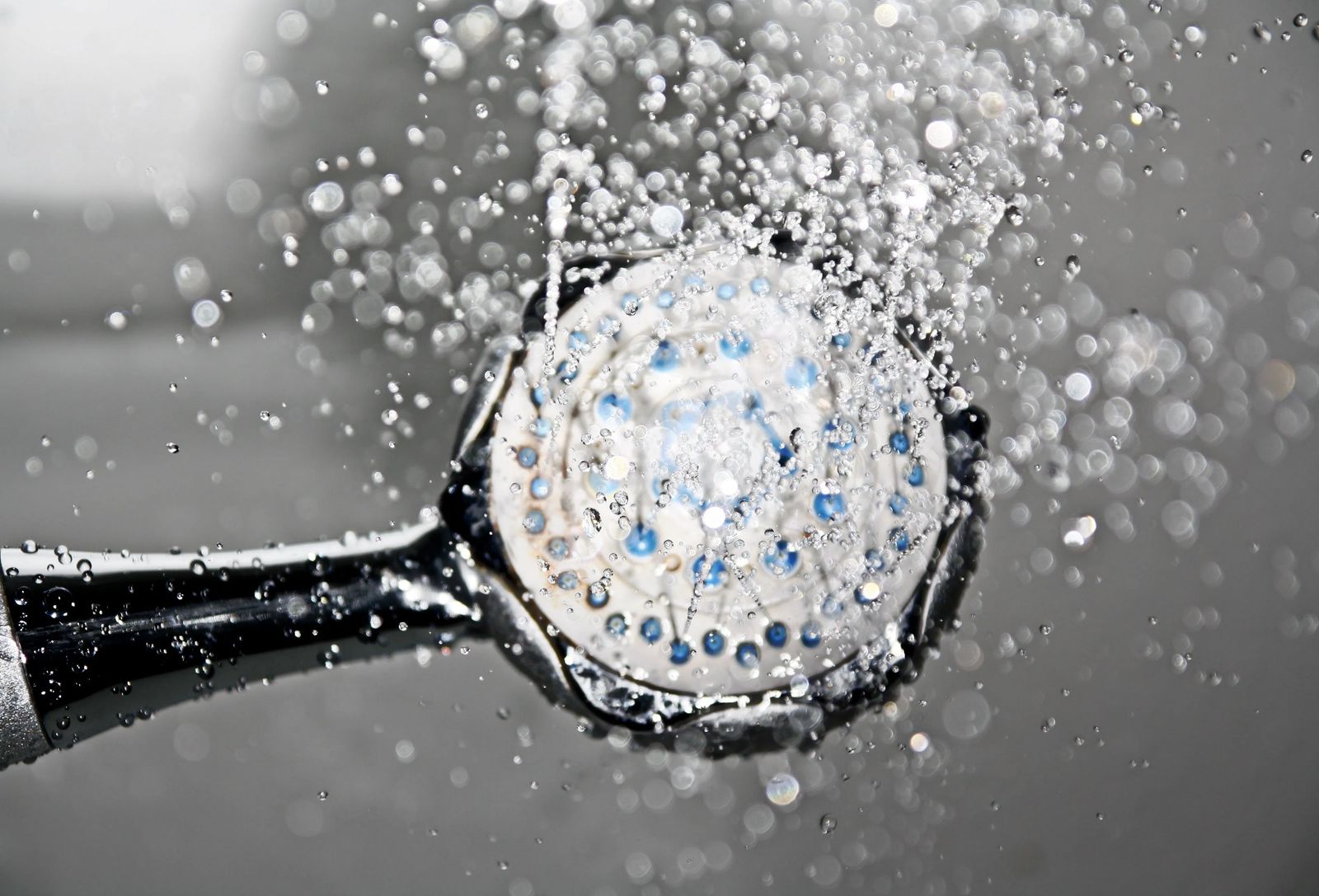
7 - Warm Foot Bath or Shower
Changing temperatures from cool to hot has a natural effect of relaxation on the body. A study on Taiwanese individuals showed that increasing the blood flow through a warm (40 degrees Celcius) foot bath one hour before bed helped improve the skin's blood flow through the entire body and in turn resulted in a better night sleep for individuals.
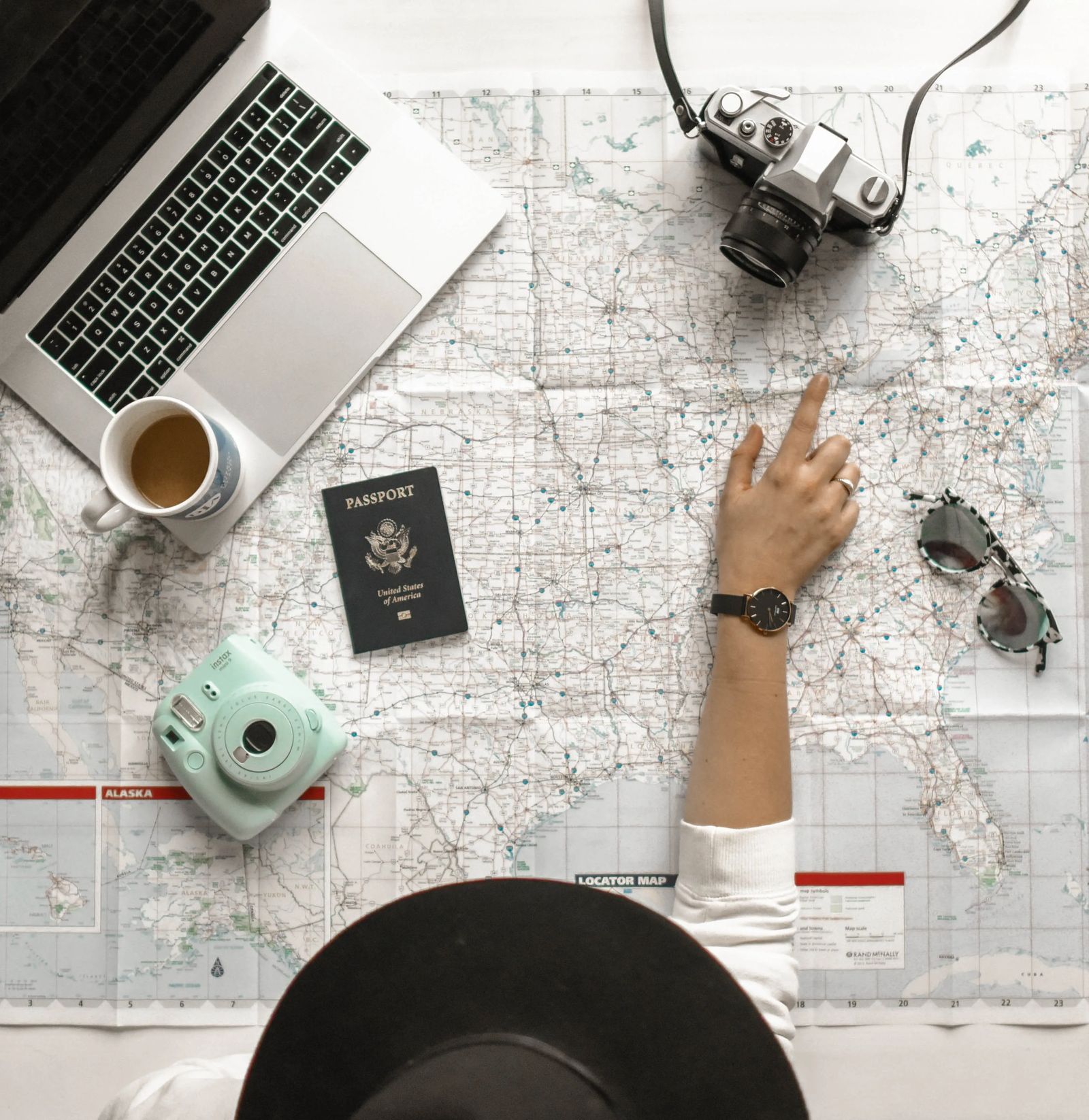
8 - Keep Your Routine
The bedtime rituals that you have at home are imperative when traveling. If you tend to read a book, do yoga, or do a crossword puzzle before bed then try and do what your particular ritual is, right before bed. It helps let your brain know that you are in a safe place, that things are normal. It tends to relax me to keep my nightly ritual as I call it. I get ready for bed in the same sequence every night, and in the same way.
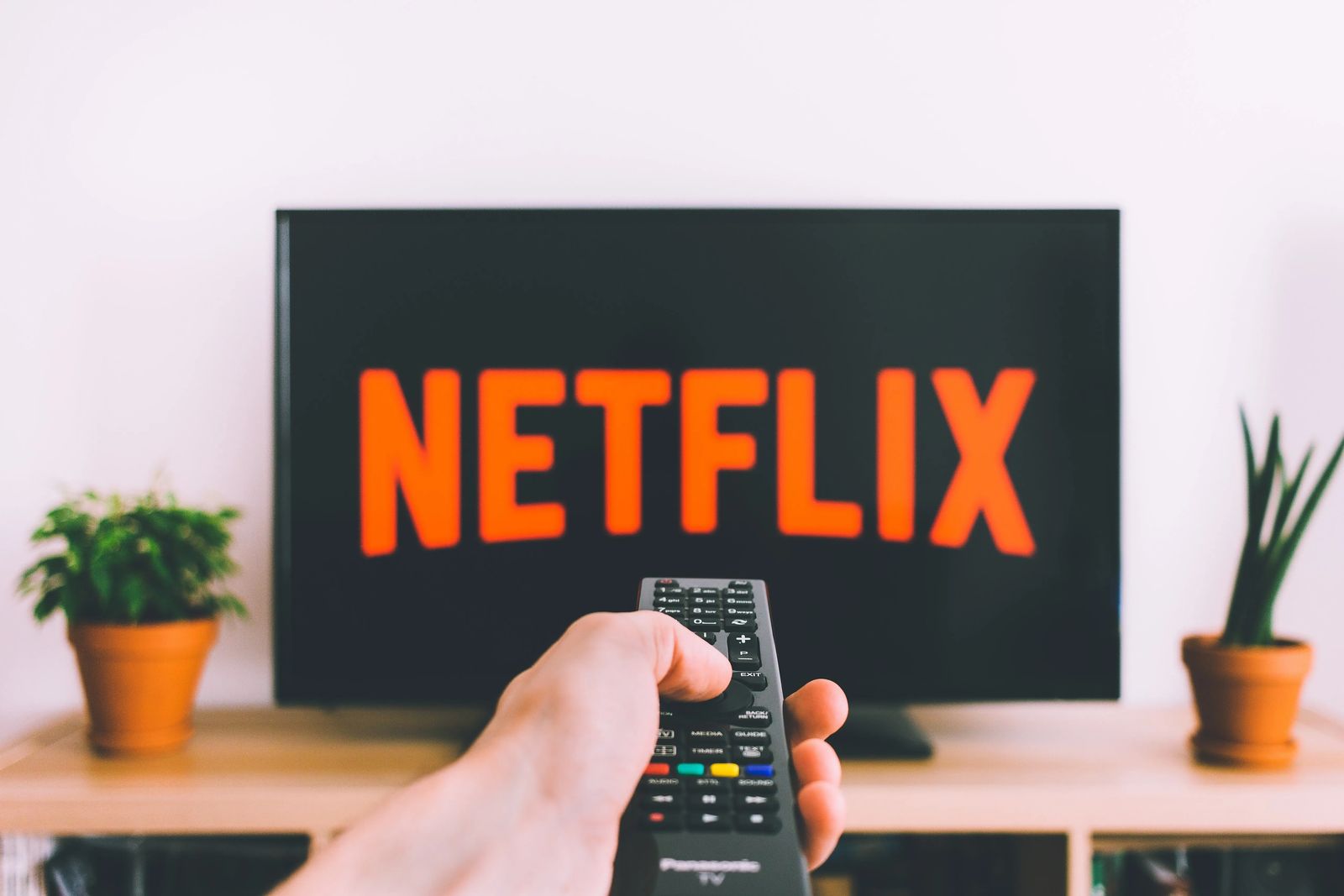
9 - Avoid TV or Phone Use About 1 Hour Before You Sleep
Blue light blocking devices are becoming more popular with research indicating that the blue light can stimulate certain areas of your brain that stimulate wakefulness. Using a salt lamp, installing blue light blocking filters, or traveling with Amber Colored glasses can help with minimizing the blue light effect.
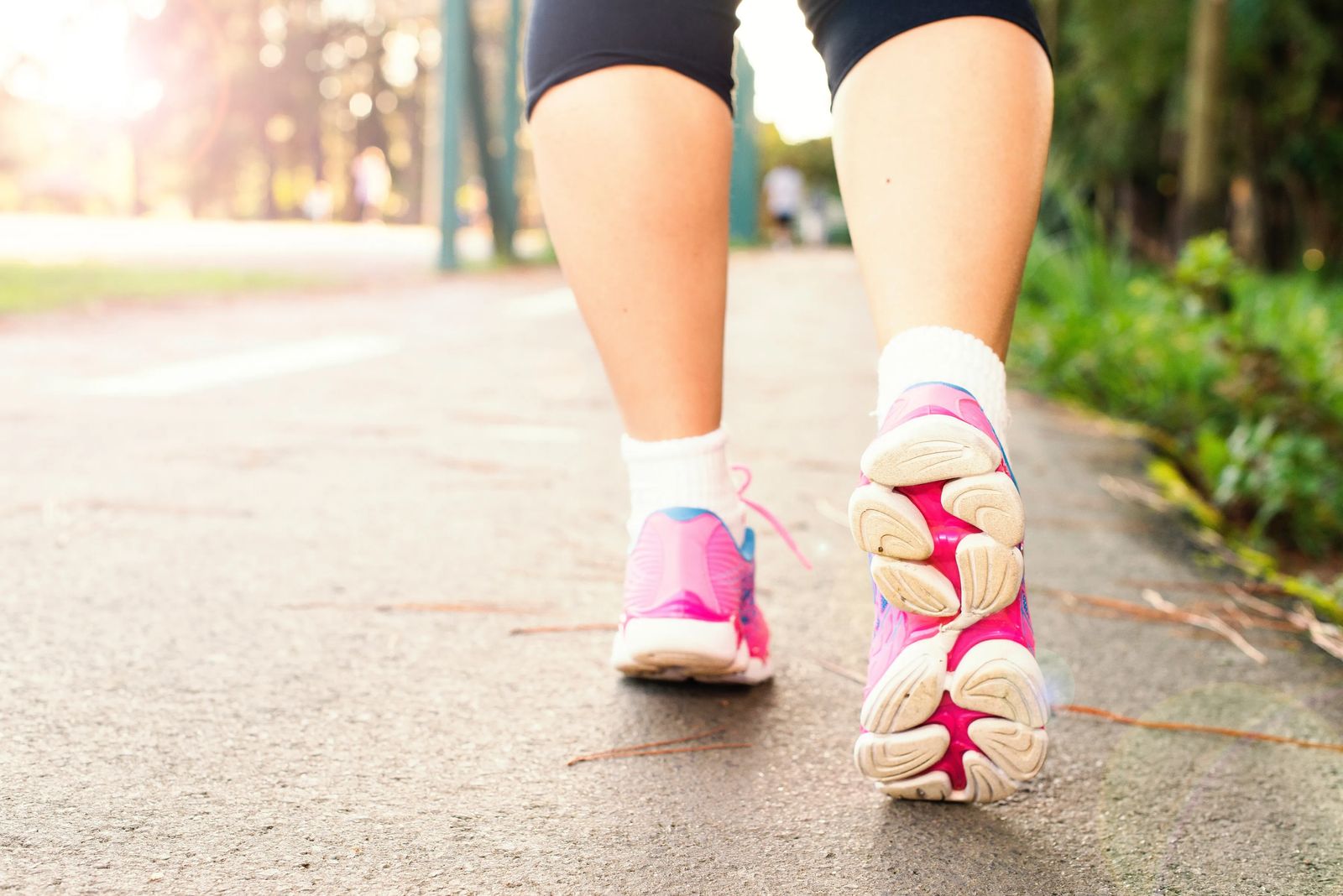
10 - Exercise
Exercise while traveling to help improve your quality of sleep. While most people argue that, 'I'm on vacation, I don't want to exercise'. I promise that you will enjoy your vacation more if you have a proper night's rest - especially with Jet Lag. We all know the health benefits of exercise for mental health, and physical health, but did you know it can help regulate insulin levels as well? It is a natural way to help improve blood flow, relax those aching muscles after a long flight or ride and will allow you to enter REM sleep more readily while traveling.
11 - Don't Eat A Large Meal At Least 2 Hours Before Bed
Eating a large meal right before bed can decrease your quality of sleep especially while traveling. It can deter blood flow from the brain, from the skin, and goes to where you're telling the body it is needed.....the stomach. It can also exacerbate issues like GERD or Gastroesophageal reflux disease which can disturb sleep.
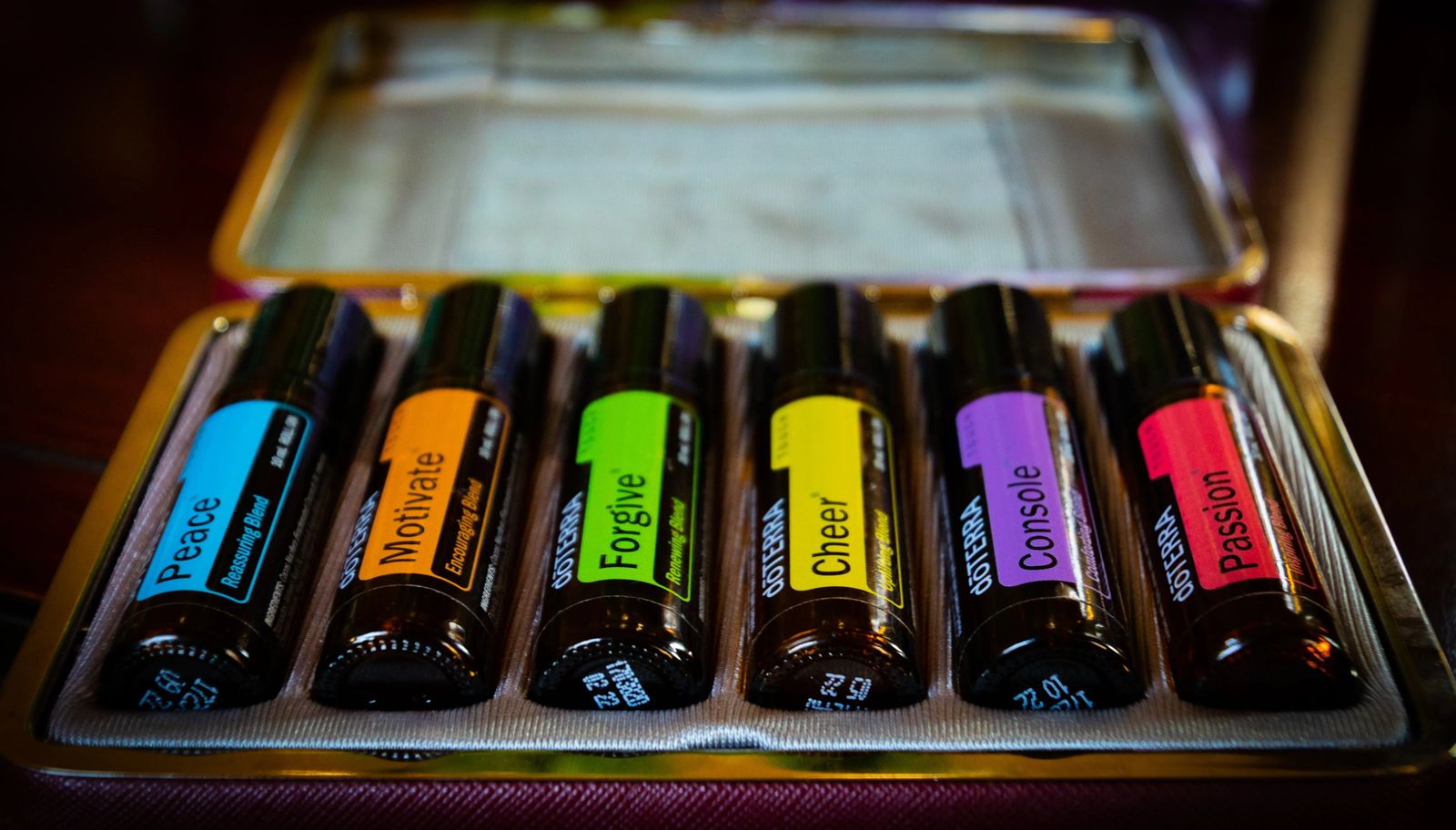
12 - Essential Oils
While there is a huge debate in the medical community on the utility and use of essential oils; I always tell my patients that if they feel it works then keep using it. I find that with my Asthma, having Eucyluptus essential oils with me helps my breathing at night (even if it is a sugar pill effect), it calms me and I tend to sleep easier. Lavender has been used for centuries as a natural remedy for sleep maladies and calming emotions. Popping in a tiny two-ounce bottle of essential oils to rub on my pillow at night helps to create an environment that smells like my home.
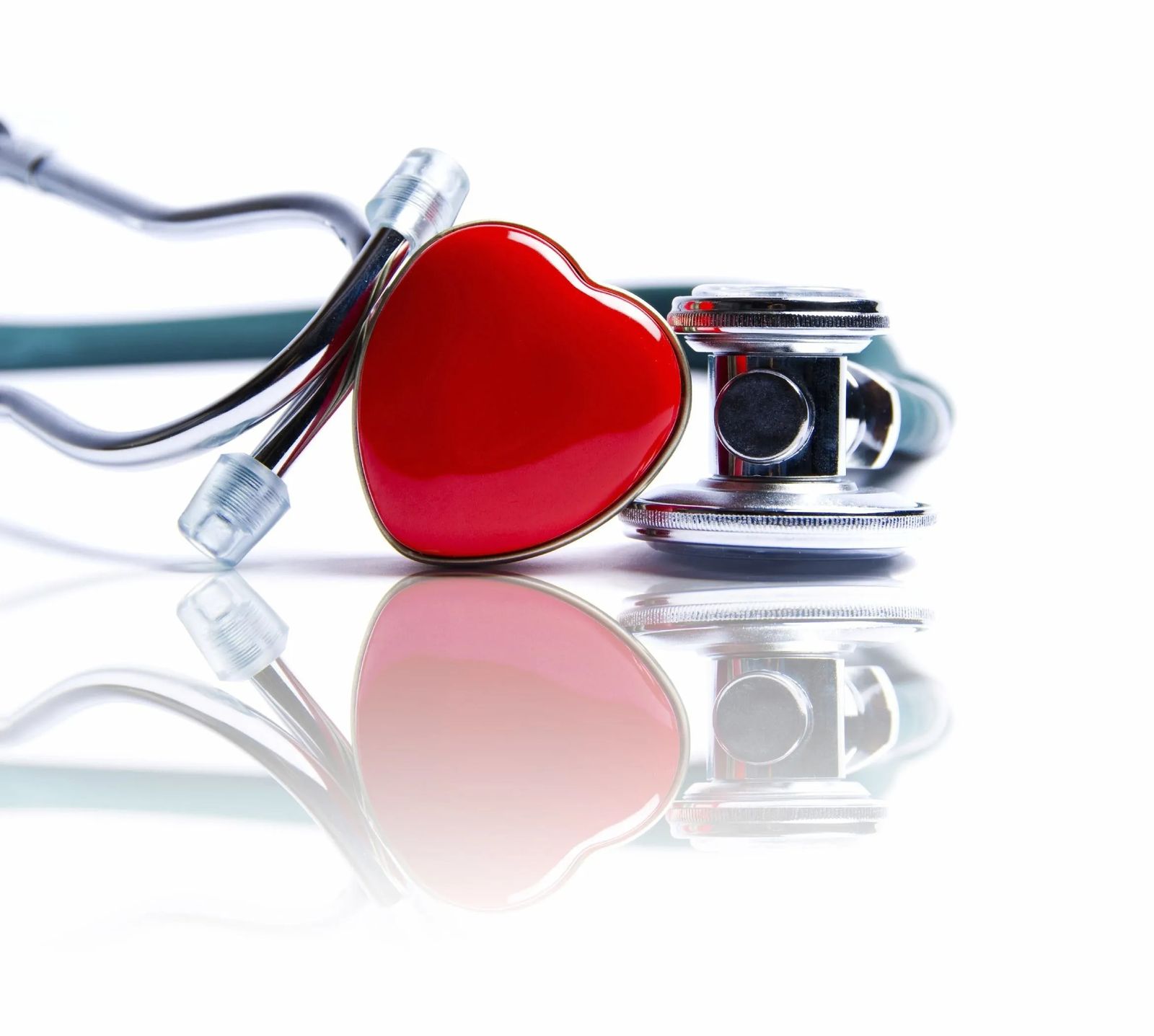
13 - Check with Your Doctor
If you still have trouble sleeping, frequently wake at night, have high blood pressure, or sleep better with several pillows propping you up or have to sleep in a chair - I would recommend going to your Primary Care Doctor and getting a sleep study as these could be signs of medical conditions that require intervention.
The key to sleeping well while your traveling is to create an environment that feels like home, make sure you exercise, get a balanced diet, and then supplement with a sleep aid when you can.
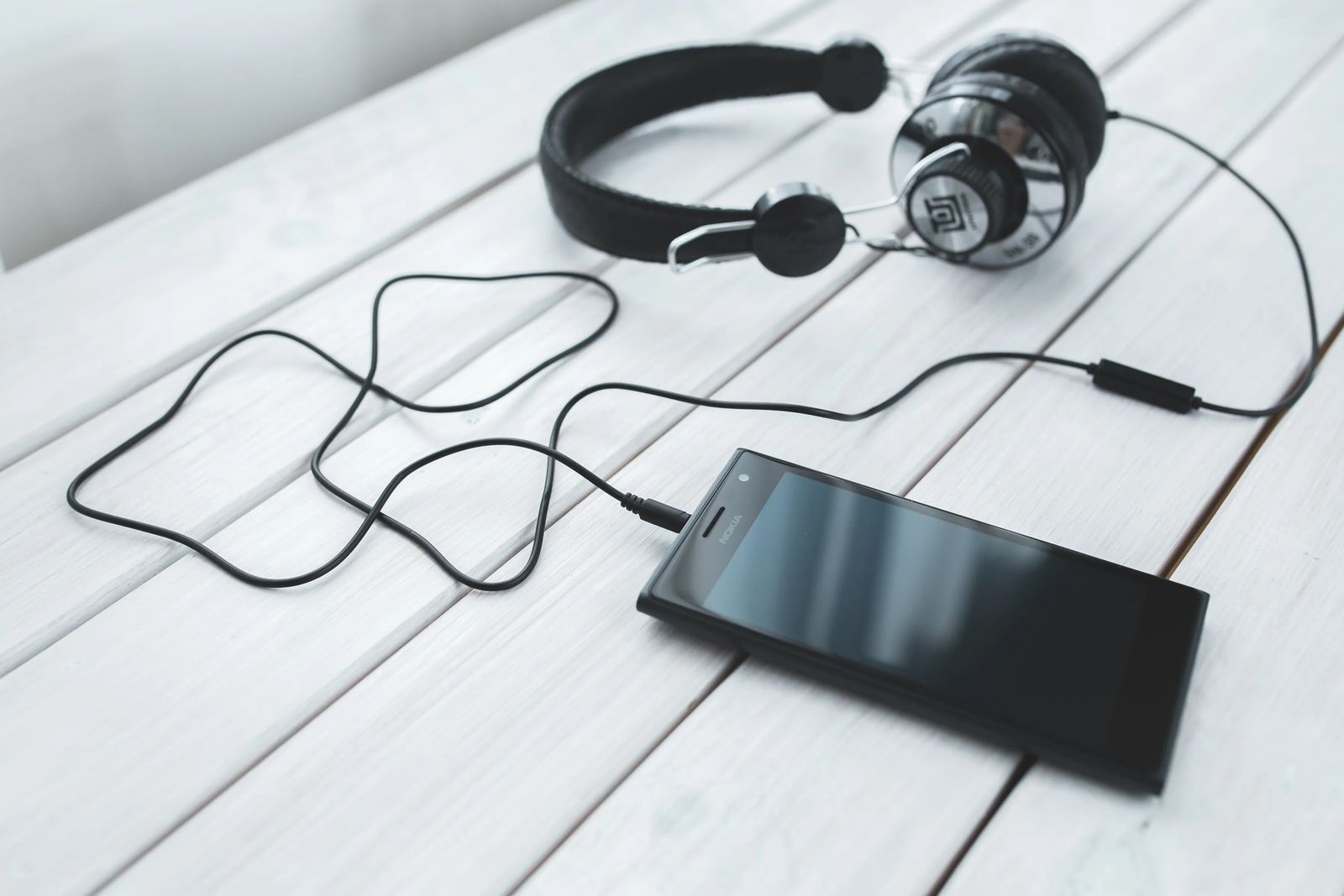
14 - Play an Audible Book
This is one that is a personal preference but essentially functions in the same way that white noise does. It helps me to sleep by giving me something familiar to listen to when I'm not used to the new environment. I turn on an audible audiobook, and then close my eyes, letting the imagination of the authors slowly lull me into an imaginative sleep.
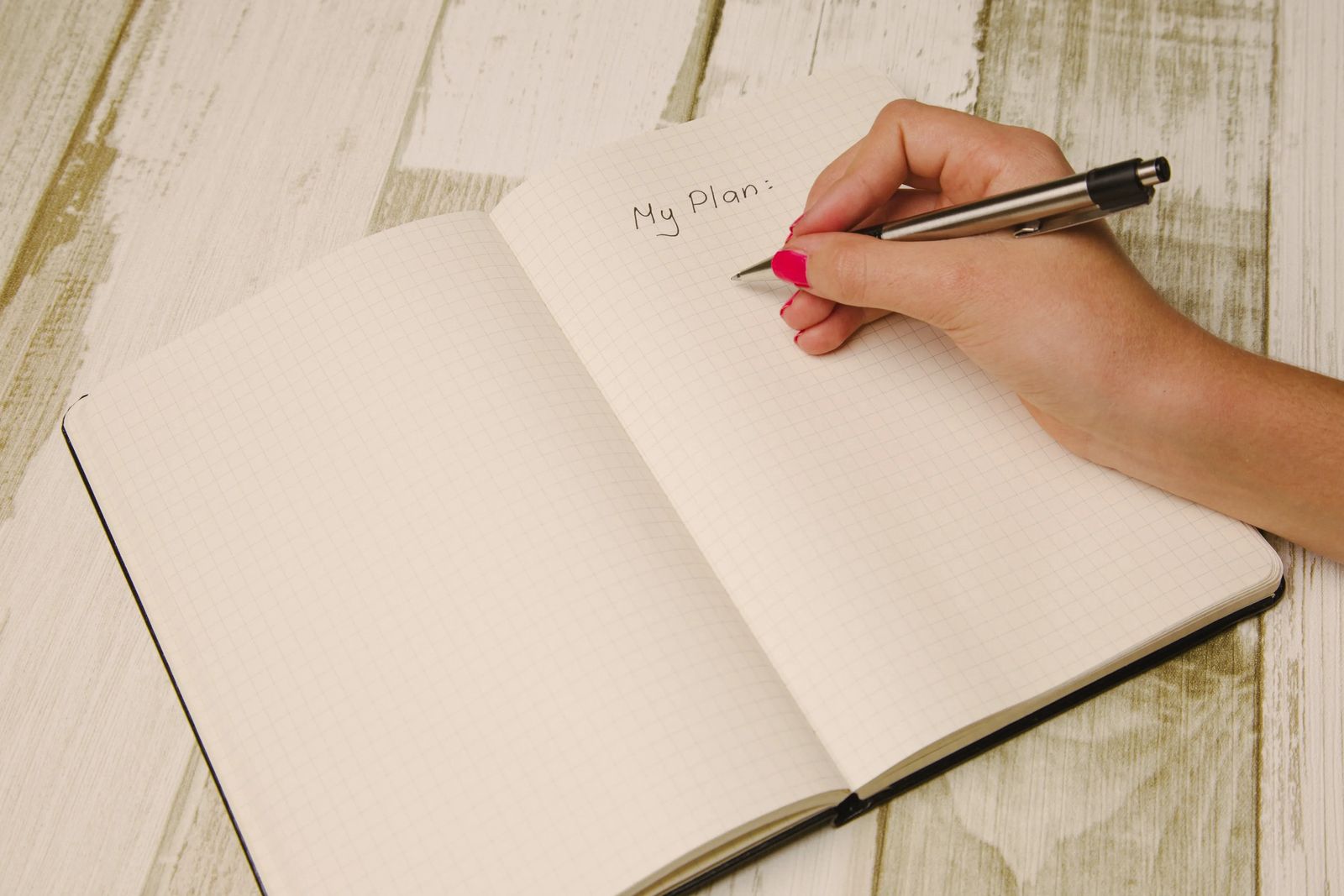
15 - Write Down Everything On Your Mind
As human beings, we try to do so many things while the sun is up. Even stretch the night out as long as we can to finish just 'one more project'. It becomes harder and harder for our minds to just relax and unwind.
I'm sure you have experienced it, where you are on vacation, and yet you can't seem to let go of the stress of work. You find yourself sitting on a beach chair, with the ocean waves crashing beautifully into the shore with a vibrant sunset; yet you feel a little anxiety really letting yourself ENJOY the moment. If you have never experience this, then you have found that state of Zen that 90% of the world hasn't.
For the rest of us who have experienced this, may I suggest bringing a little notebook with you. Write down your worries, your to-do lists, people you want to call when you get home, projects you want to check on when you get home. It helps to purge the thoughts, worries, and to-do lists and helps you enjoy the moment more. I would even venture to suggest that you turn your phone off. This is the only time that you can really disconnect from the daily grind, so take advantage of it.
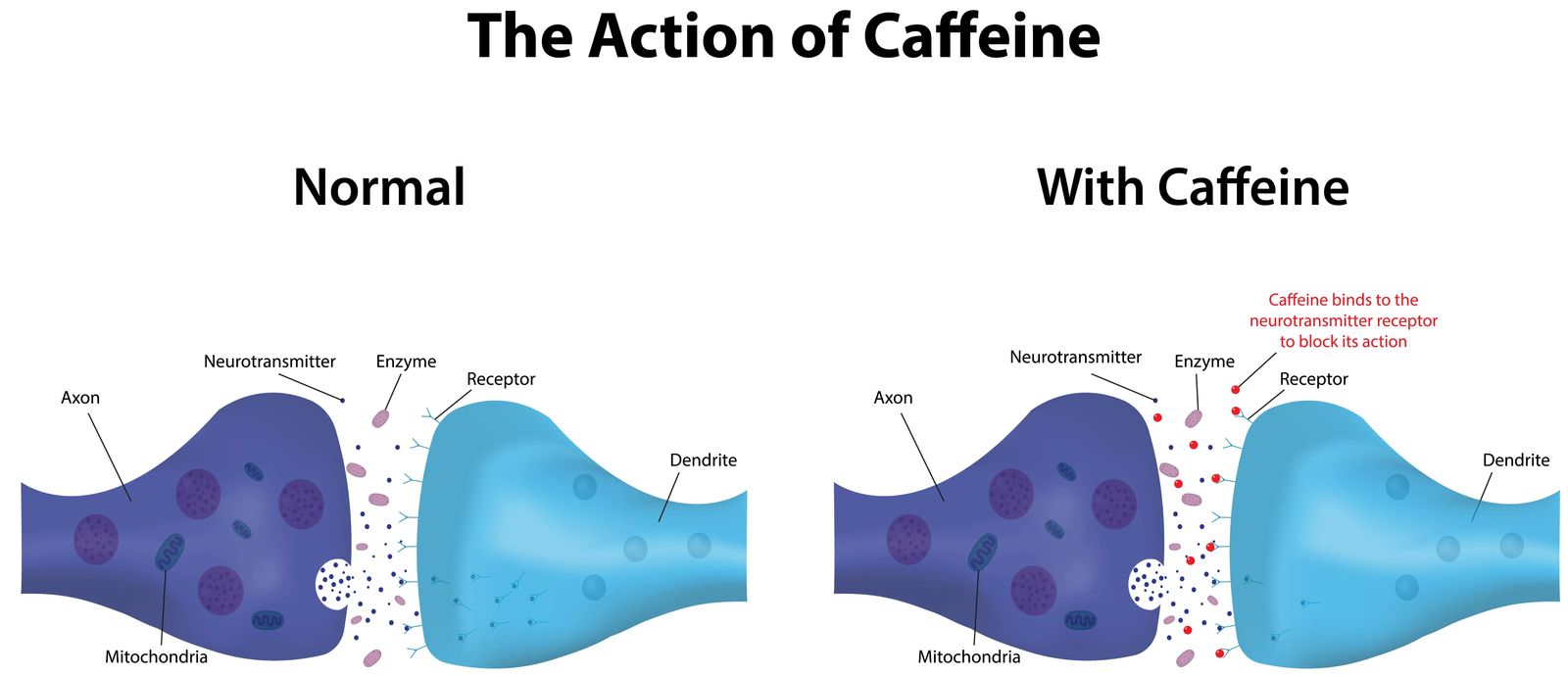

Bonus
Avoid Caffeine After Noon, and the latest research to support this.
Avoid Caffeine afternoon is a tip I give my patients all the time. It is commonly known to have an effect on mental alertness. Did you know that it also has a direct effect on the stress hormone cortisol, the neurotransmitter dopamine and can induce a catecholamine response that elevates blood pressure?
At a baseline, cortisol helps regulate your sleep cycle, helps consolidate your memory during sleep, affects the function of your kidneys and regulates your energy balances. If you continue to consume caffeine past the time when your natural peak of cortisol happens, it can disturb your sleep cycle by directly altering your diurnal cycle or sleep patterns.
Some may say that they have developed a 'tolerance' to caffeine consumption, but research says otherwise. While you may develop a tolerance to be able to go to sleep even if consuming caffeine after noon; research shows that the effect of caffeine on blood pressure never diminishes. A friend of mine had a stroke at the age of 27, he was fit, healthy, and worked in construction. After consuming two red bulls, and a cup of coffee, and didn't consume much water on a hot day in Nevada. He ended up having a stroke and now has deficits he will live with for the rest of his life.
Having elevated blood pressure, a spike in your stress hormones and neurological function right before you are headed to bed - doesn't exactly make for a restful night of sleep. So skip the caffeinated beverages and swap it for your non-caffeinated herbal teas I mentioned before.

Goodnight, Sleep Tight
With all of these tips, and the tips I offered previously on How To Combat Jet Lag; I am confident that you will have a good night sleep, or at the very least see an improvement in the quality of your sleep.
If you have any additional tips on how to get a good night sleep or would like to share your night-time routine with the community - please leave a comment below. Happy travels Culture Trekkers.
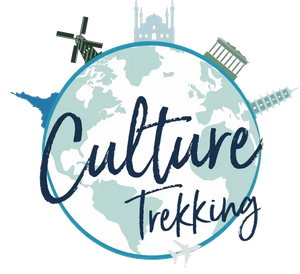

Welcome to Culture Trekking!
My name is Janiel, I specialize in solo female travel, cultural connections, sustainable adventures, food and history to help make your travel experiences fun, meaningful, and delicious. My experience in travel, and my personal story have allowed me to get published in Fodors Travel, Atlas Obscura, Metro.co.uk, Trip Advisor, and multiple Podcast interviews. You can find me on pretty much every social media channel Youtube, Instagram, Twitter, Facebook, Pinterest, TikTok. To read more about me and my story click here. If you are a brand and would like to work with me, click here.
